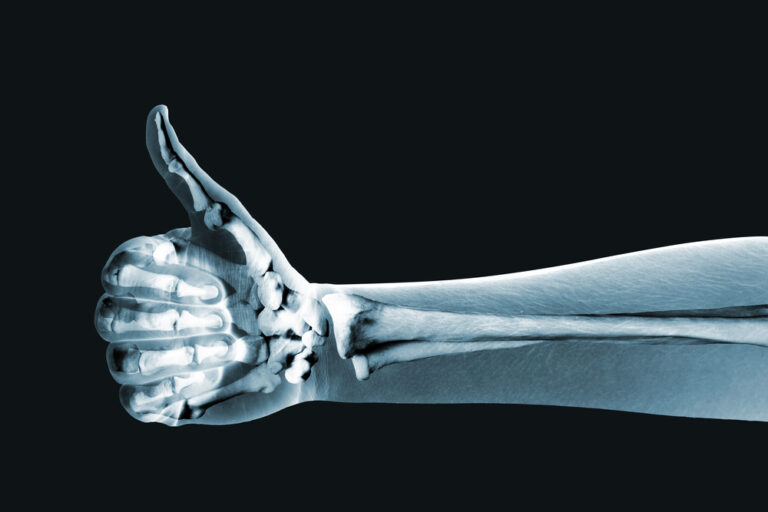Maintaining bone health in the senior years is a crucial aspect of overall well-being, significantly impacting mobility, independence, and quality of life. As we age, our bones naturally lose density, increasing the risk of osteoporosis, a condition characterized by fragile bones prone to fractures. A comprehensive approach to nurturing bone health and preventing osteoporosis involves a blend of nutrition, physical activity, and lifestyle management.
Calcium and Vitamin D are vital for strong bones. Calcium fortifies the bones, while Vitamin D boosts its absorption. A diet rich in these nutrients, including dairy products, leafy greens, and fortified foods, is essential. Adequate exposure to sunlight and, in some cases, supplements, can ensure sufficient Vitamin D levels. Balancing this nutritional intake is crucial for bone strength and density.
Physical activity, especially exercises that promote weight-bearing and muscle strength, plays a significant role in maintaining bone health. Engaging in walking, jogging, dancing, or resistance training not only helps build bone density but also enhances overall physical fitness. Additionally, exercises that improve balance and flexibility are important in preventing falls, a common cause of bone fractures in the elderly.
Lifestyle choices directly affect bone health. Smoking and excessive alcohol consumption can weaken bones, and thus, should be avoided or minimized. Maintaining a healthy weight is also important, as being underweight can contribute to bone loss and increased fracture risk.
Regular bone density tests can aid in early detection of osteoporosis, allowing for timely interventions. These tests are critical in assessing the health of bones and determining the risk of fractures.

Fall prevention is another key aspect of protecting bone health. Implementing home safety measures, wearing appropriate footwear, and removing tripping hazards can significantly reduce the risk of falls. Such preventative steps are particularly important in homes where seniors reside, as they help in avoiding injuries that can be detrimental to bone health.
In certain cases, healthcare providers may recommend medications or supplements specifically aimed at preventing or treating osteoporosis. It’s important for seniors to consult with their doctors regarding these medications, understanding their benefits and potential side effects.
Overall nutrition plays a broader role in bone health. A balanced diet rich in fruits, vegetables, lean proteins, and whole grains provides the body with essential nutrients that support bone maintenance.
Finally, managing other health conditions and understanding their impact on bone health is crucial. Conditions like rheumatoid arthritis or hormonal imbalances can affect bone density, making it important to manage these effectively.

In summary, preserving bone health and preventing osteoporosis in the senior years requires a holistic approach that encompasses a nutritious diet, regular and appropriate exercise, prudent lifestyle choices, and proactive healthcare management. By focusing on these elements, seniors can enhance their bone strength, reduce the risk of osteoporosis and fractures, and enjoy a healthier, more active lifestyle in their later years.

